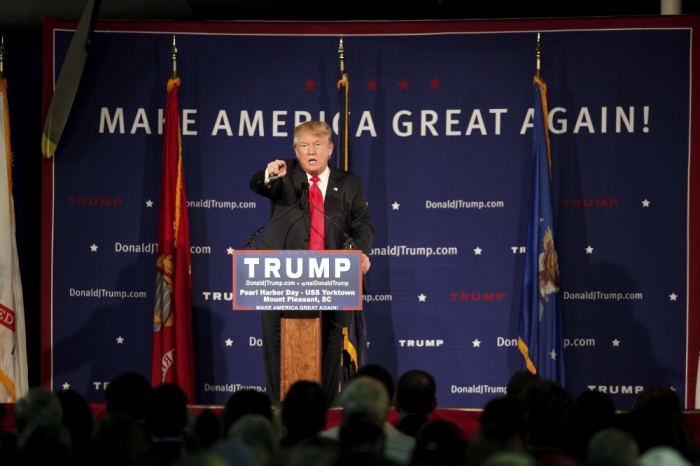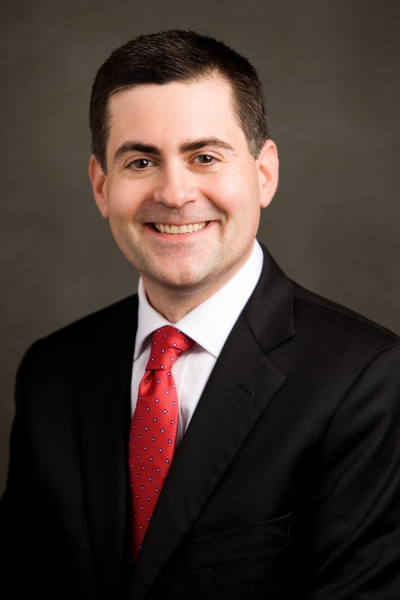Evangelicals Must Support Religious Freedom for Muslims and Denounce Trump

Donald Trump is at it again. This time, the Republican presidential frontrunner suggests that the United States should close the border to all Muslims — including Muslim-Americans traveling abroad. Anyone who cares an iota about religious liberty should denounce this reckless, demagogic rhetoric.

Trump, of course, is a master at knowing and seizing a moment. The country is reeling from a terrorist attack by two Islamic radicals. Moreover, the president seems to many to have little plan to eradicate the threat of the Islamic State from building a massive caliphate in the Middle East and exporting terror all over the world. Enter the Man in the Trump Tower with a plan to "get tough" by closing the borders to Muslims, all Muslims, simply because they are Muslim.
As an evangelical Christian, I could not disagree stronger with Islam. I believe that salvation comes only through union with Jesus Christ, received through faith. As part of the church's mission, we believe we should seek to persuade our Muslim neighbors of the goodness and truth of the gospel. It is not in spite of our gospel conviction, but precisely because of it, that we should stand for religious liberty for everyone.
The Revolutionary-era Baptist preacher John Leland repeatedly included "the Turks" in his list of those included in the sorts of religious freedoms he was demanding from the politicians of his time (including Thomas Jefferson and James Madison). This was despite the fact that there were virtually no Muslims to speak of in the colonies or in the new republic. Leland included them specifically and intentionally anyway. He wanted to make it clear that his concept of religious freedom was not dependent on a group's political power. He chose the most despised religious minority of the time, with no political collateral in his context, to make the point that religious freedom is a natural right bestowed by God, not a grant given out by the government.
The governing authorities have a responsibility, given by God, to protect the population from violence, and to punish the evildoers who perpetrate such violence (Rom. 13:1-7). The governing powers, as with every earthly power, have a limited authority. The government cannot exalt itself as a lord over the conscience, a god over the soul.
The United States government should fight, and fight hard, against radical Islamic jihadism. The government should close the borders to anyone suspected of even a passing involvement with any radical cell or terrorist network. But the government should not penalize law-abiding people, especially those who are American citizens, for holding their religious convictions.
Muslims are an unpopular group these days. And I would argue that non-violent Muslim leaders have a responsibility to call out terror and violence and jihad. At the same time, those of us who are Christians ought to stand up for religious liberty not just when our rights are violated but on behalf of others too.
Make no mistake. A government that can shut down mosques simply because they are mosques can shut down Bible studies because they are Bible studies. A government that can close the borders to all Muslims simply on the basis of their religious belief can do the same thing for evangelical Christians. A government that issues ID badges for Muslims simply because they are Muslims can, in the fullness of time, demand the same for Christians because we are Christians.
We are in a time of war, and we should respond as those in a time of war. But we must never lose in a time of war precious freedoms purchased through the blood of patriots in years past. We must have security and we must have order. But we must not trade soul freedom for an illusion of winning.





























